Are you Intuitive? Competitive? Artistic? Charismatic? Do you know your emotional personality type? If not then find out with this quiz.
Life gives us myriad experiences and in response to it, we keep changing our views, thoughts, behaviours and feelings.
Every person has a different perspective on life. No two people can think alike all the time in all situations.
But, every person has a prevalence of an emotional system, that is dominant and shapes their emotional personality type. A person’s specific way of thinking and feeling is determined by his or her emotional personality type. Also, our views and feelings link our body, brain, and sixth sense.
While some people are social butterflies, some are introverts, some are ambitious, some are carefree, some are anxious, some are artistic, some are intuitive, some are pessimistic and so on.
Here are 5 emotional personality types:
Type A – Self Driven & Competitive
People who are self-driven and competitive are born to leave a lasting impression on this world. They are goal-oriented, ambitious, positive and self-motivated. And highly likely to be entrepreneurs.
At times they appear to be a good risk taker and at times impatient. Some people call them workaholic! No wonder why self-driven and competitive people are prone to nervous tension.
Also, they are pretty straightforward and waste no time when dealing with matters of the heart.
Type B – Intuitive & Charismatic
Intuitive and charismatic people are broad-minded, cheerful and carefree. They do things at their own pace and don’t prefer deadlines. Hardly worry about success! When hit by setbacks or failures, they are good at handling and moving ahead in life. So, they are less prone to stress and anxiety.
They are pro at forming social connections and emotional bonds with people. Because of their entertaining and flexible nature, people are drawn to them.
Type C – Curious & Bright
Bright and curious individuals engage in systematic and analytical thinking. They are detailed-oriented and even notice things that most people overlook. Therefore, they solve problems very easily.
They are over-critical of people and take criticism too seriously. Such people engage in alone time and avoid socialising with people as they find it difficult to create social bonds.
Type D – Self Motivated & Positive
Self-motivated and positive people always deliver the best results even when things are not so favourable. Such people make about 21% of the population and are sure to gain massive success in whichever field they put their interest and effort into.
They rarely feel self-assured and avoid sharing their emotions, which adds to stress and anxiety.
Type X – Imaginative & Artistic
These people are a combination of two or more emotional personality types mentioned above. They are emotionally reactive and suffer from frequent mood swings. Although they may appear aggressive and strict, they are gentle and kind-hearted.
They hone artistic skills and spend a great deal of time alone just like painters and poets. And love spending time in nature. Their level of discipline and concentration are extraordinary as a result of which they always create high-quality work.
When it comes to relationships, they choose partners who can boost their professional life and give less priority to emotional connections.
Which one of these emotional personality types are you? Not sure?
People who lack self-awareness are unable to recognise their emotional personality type. Don’t worry Mind Journal is here to help you.
Take this quiz now!
You just need to answer 8 questions that will lead you to find your emotional personality types. It is important to understand your emotions and thought processes so that you can change your behavior and way of interacting with people and control your emotions in any situation.
Click Let’s Start
Let us know your results in the comments below!
Share this personality test with your friends 🙂
Other fun tests you may like:
- 12 Impossible Riddles That Will Confuse Your Brain – Mind Game
- Which Classic Novel Describes Your Life?
- Can You Pass Psychology 101?
- What Is Your Subconscious Mind Obsessed With? – Quiz
- Which Game Of Thrones House Do You Belong In?
- Fun Test: The First Picture You See Reveals Your Current Situation
- How Much Of A Psychopath Are You? Take This Unique Visual Test To Know!
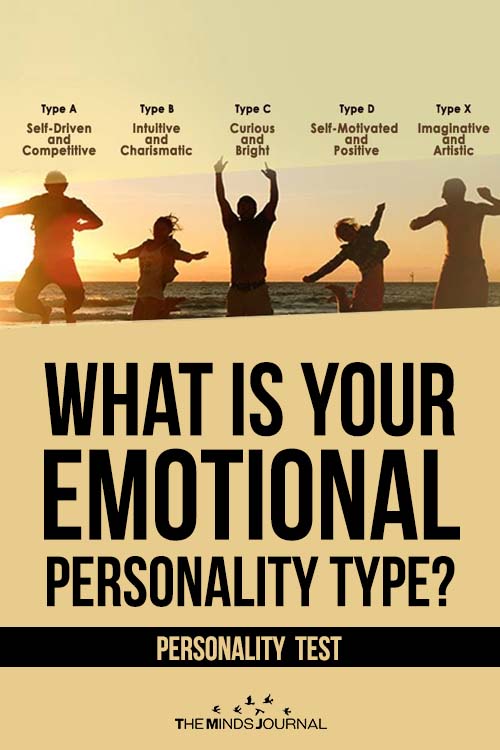
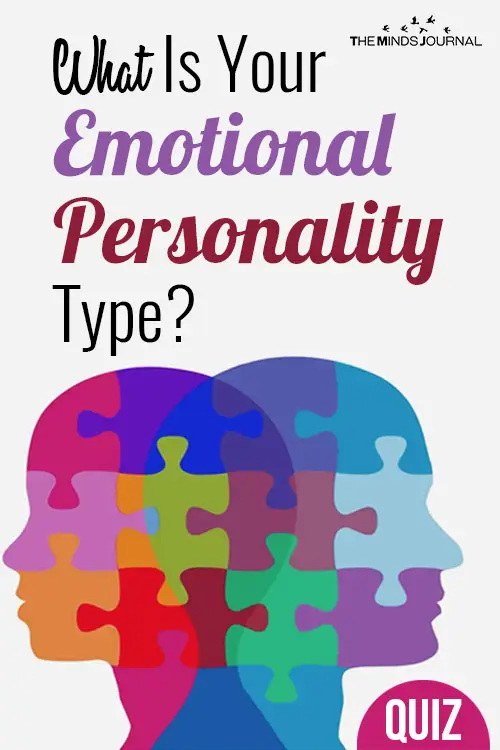

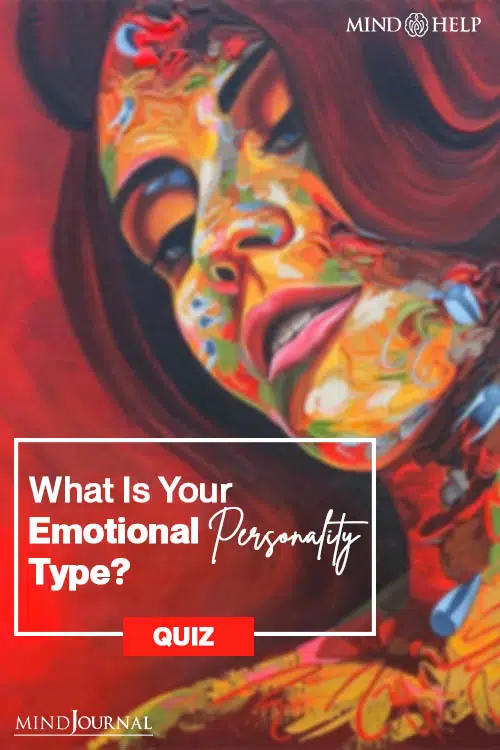
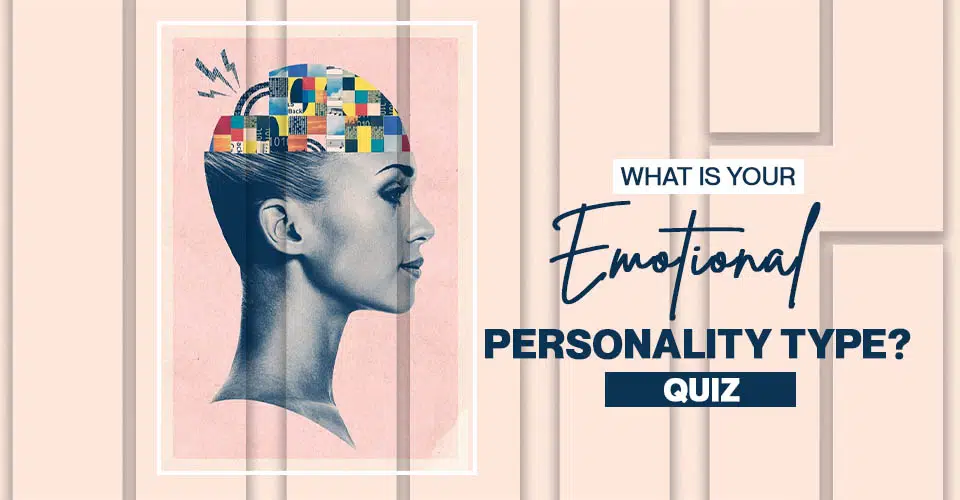



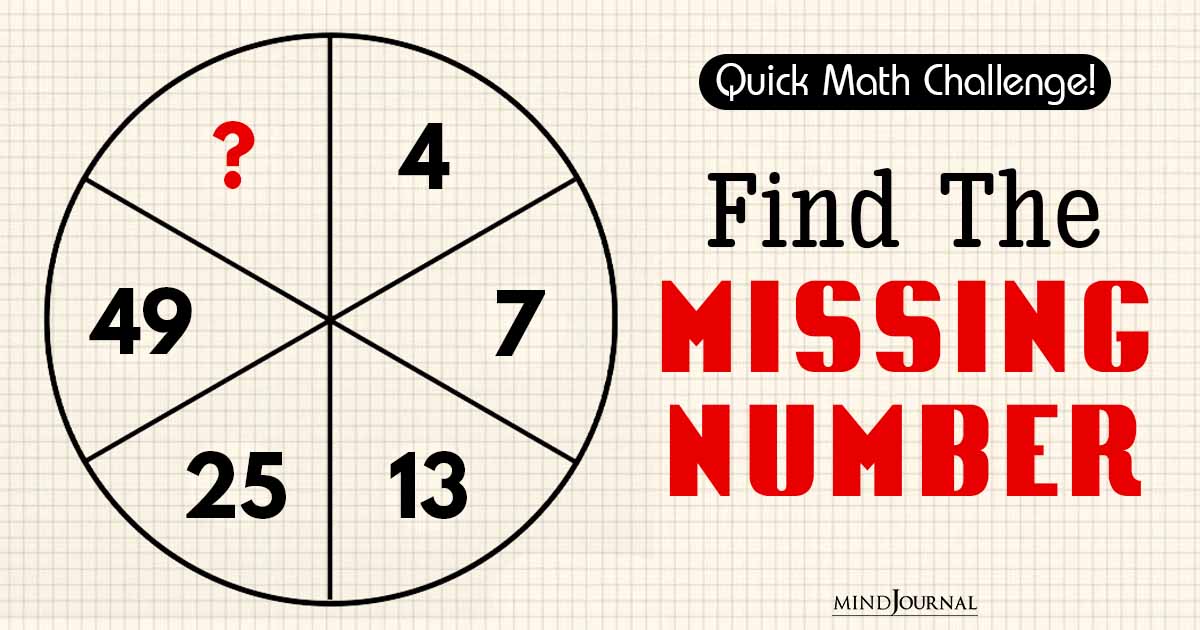

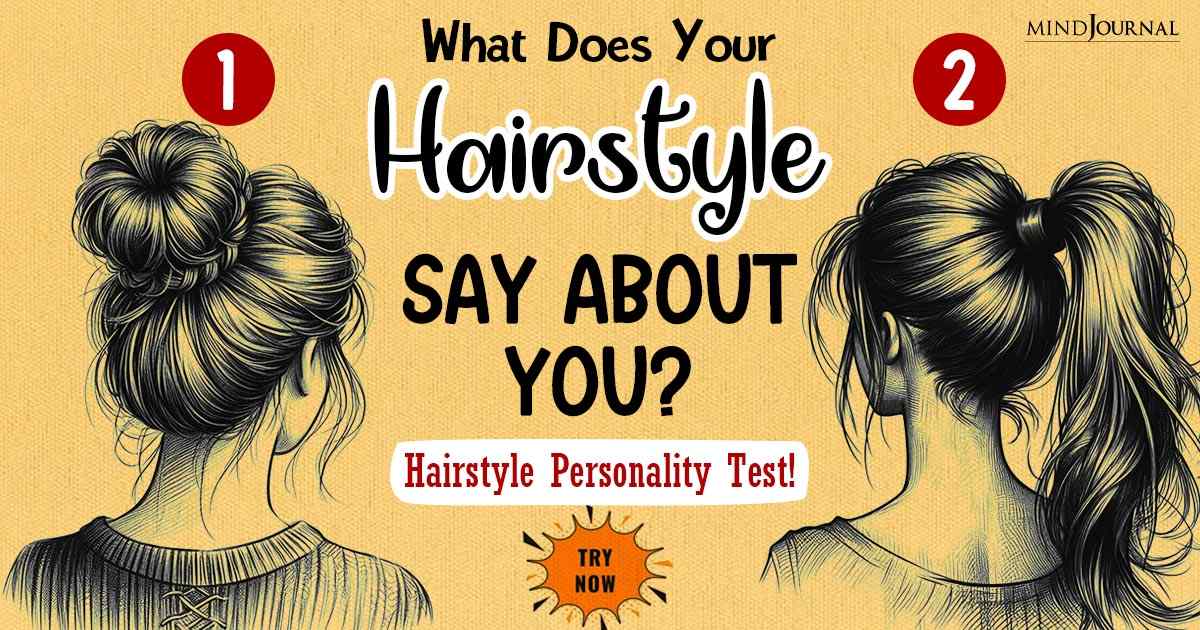

Leave a Reply
You must be logged in to post a comment.